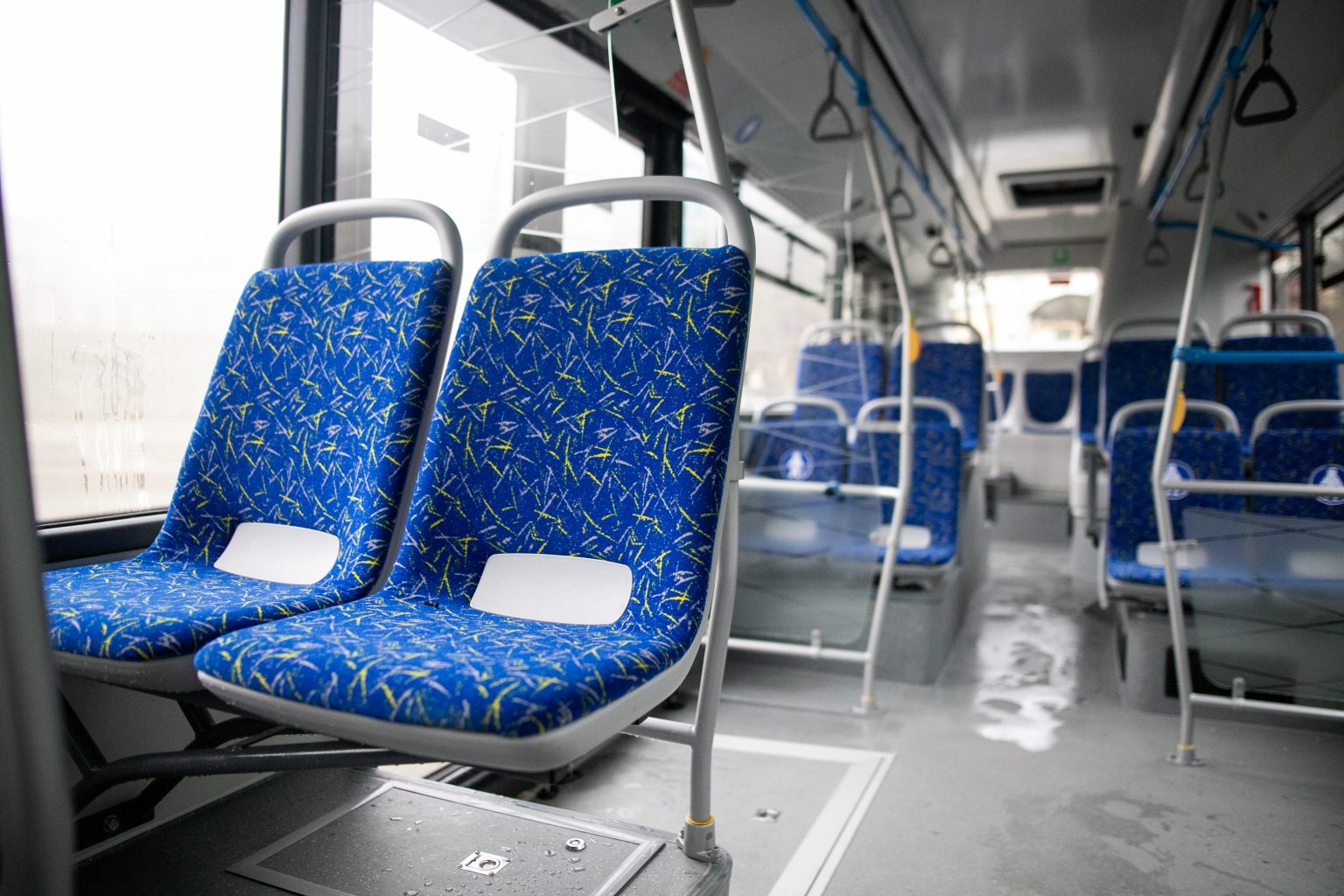This incident, recounted by Reddit user Personal-Freedom-615, illuminates the complex interplay of entitlement, potential racial bias, and the increasingly prevalent phenomenon of public rudeness. The OP, a minority individual, was seated alone in a designated disabled seating area on a largely empty bus when a woman in her mid-60s boarded and demanded the seat, citing a “bad shoulder.” Despite numerous other available seats, the woman persisted, escalating the situation by involving the bus driver who, though reluctant, asked the OP to move. This initial interaction established a power dynamic, with the older woman leveraging a perceived vulnerability (her shoulder) to assert dominance over the younger, minority passenger. The woman’s insistence, even after being offered a more comfortable seat by another passenger, underscores a sense of entitlement and a disregard for the OP’s comfort and right to the chosen seat.
The situation further deteriorated after the OP relinquished the seat. The woman’s subsequent actions – pushing the OP with the supposedly injured shoulder and resorting to name-calling – exposed the disingenuous nature of her initial claim. This aggressive behavior transformed the incident from a simple disagreement over seating into a potentially racially charged confrontation. The woman’s attempt to garner sympathy from fellow passengers by claiming recent shoulder surgery, contradicted by her physical actions, further eroded her credibility. The silent disapproval of other passengers suggests a shared recognition of the woman’s inappropriate behavior, yet a reluctance to intervene directly. This silent observation highlights a common bystander effect, wherein witnesses to injustice may hesitate to act for fear of personal involvement or escalating the situation.
The OP’s reflection on the incident, particularly their feeling that racism played a role, adds another layer of complexity. While definitively proving discriminatory intent can be challenging, the OP’s perception, coupled with the woman’s aggressive and unreasonable behavior, raises legitimate concerns about the potential influence of racial bias. The woman’s fixation on the OP’s seat, despite other available options, and the escalation of the confrontation, suggests a targeted aggression that extends beyond a simple dispute over seating arrangements. This raises broader questions about the subtle ways in which racial biases can manifest in everyday interactions, often cloaked in seemingly innocuous justifications.
The incident resonated with other Reddit users, many of whom speculated about the woman’s motivations. One user explicitly questioned whether the OP’s minority status might have been a factor, a suspicion the OP confirmed. This online discussion highlights the growing awareness of microaggressions and the ways in which seemingly minor incidents can reflect deeper societal biases. The term “Karen,” frequently used in online forums to describe entitled and often aggressive behavior, particularly by white women, reflects a broader recognition of this pattern of behavior. While the term itself can be considered problematic, it underscores a societal frustration with the unchecked entitlement often exhibited in these types of confrontations.
This specific incident aligns with a broader trend of increasing rudeness in public spaces, often fueled by a sense of entitlement and a lack of empathy. Experts like life coach Tracy Diamond Denson have observed a growing impatience and willingness to impose one’s will on others in public settings. This erosion of social grace can manifest in various forms, from aggressive driving to verbal altercations, creating an increasingly hostile environment for everyone. The anonymity afforded by public spaces can embolden individuals to act in ways they might not in more personal settings, contributing to the escalation of these types of conflicts.
The discussion on Reddit also touched upon the potential legal ramifications of the incident. One user suggested the OP could have reported the woman for assault or battery. While the OP acknowledged considering this option, they ultimately chose not to pursue legal action. This highlights the complex considerations involved in responding to such incidents. While legal recourse can be a valid option, the emotional toll, time commitment, and potential for further conflict often deter individuals from pursuing it. Furthermore, proving intent in cases involving subtle biases can be difficult, making legal action a challenging and often uncertain path. Nonetheless, the discussion underlines the importance of recognizing and addressing these types of behaviors, both through individual actions and societal changes.














